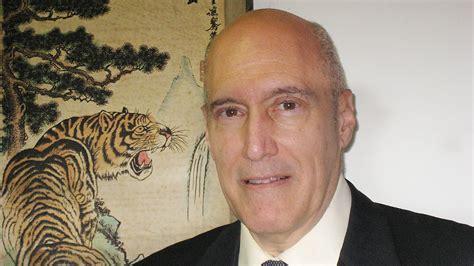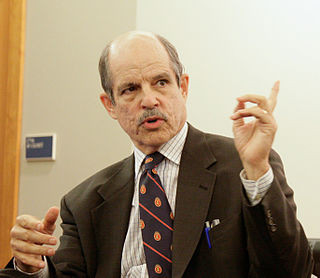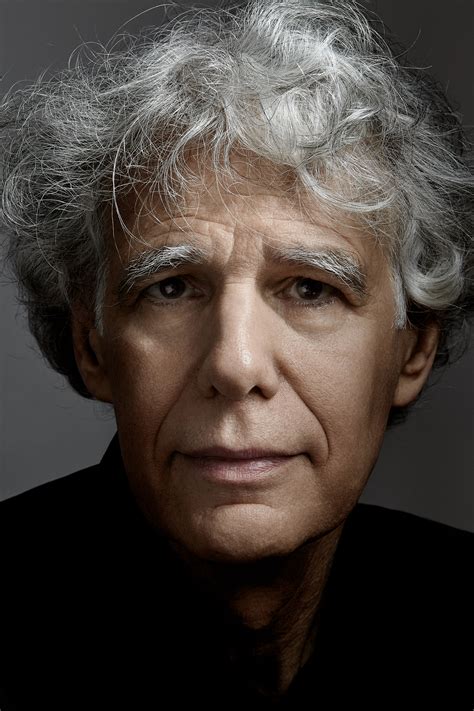Top 47 Antitrust Quotes & Sayings
Explore popular Antitrust quotes.
Last updated on April 14, 2025.
A competitive threat is not the same thing as an antitrust violation… It is difficult to make out FairSearch’s precise antitrust arguments. There are alternatives to ITA’s software: both the GDSs but also upstarts such as the U.K.’s Everbread Ltd., which has relationships with 60 low-cost carriers, and Vayant Travel Technologies LLC of New York. It isn’t clear, therefore, that competition would be reduced even if Googled didn’t honor ITA’s contracts with other travel companies.
Under the antitrust laws, a man becomes a criminal from the moment he goes into business, no matter what he does. If he complies with one of these laws, he faces criminal prosecution under several others. For instance, if he charges prices which some bureaucrats judge as too high, he can be prosecuted for monopoly or for a successful 'intent to monopolize'; if he charges prices lower than those of his competitors, he can be prosecuted for 'unfair competition' or 'restraint of trade'; and if he charges the same prices as his competitors, he can be prosecuted for 'collusion' or 'conspiracy.'
Who can complain about the price that Google is charging you? Or who can complain about Amazon's prices; they are simply lower than the competition's. And that's why I think we need to shift back to a more Brandeisian conception of antitrust, where we consider values other than simply efficiency and low prices.
We can speculate on what's likely, but what's needed is an investigation. And speculation is no substitute for facts. As a former prosecutor, I prosecuted antitrust cases civilly. And I can say that antitrust investigations merit searching, penetrating scrutiny and investigation. That's what we need here.
The fruits of the economy and all the advantages of technology and globalization have gone far more to the investor class and the professional class and not as much to the working class. Partly because of the loss of labor unions, partly because of things like a lack of antitrust enforcement, policies that have privileged shareholder returns.






























